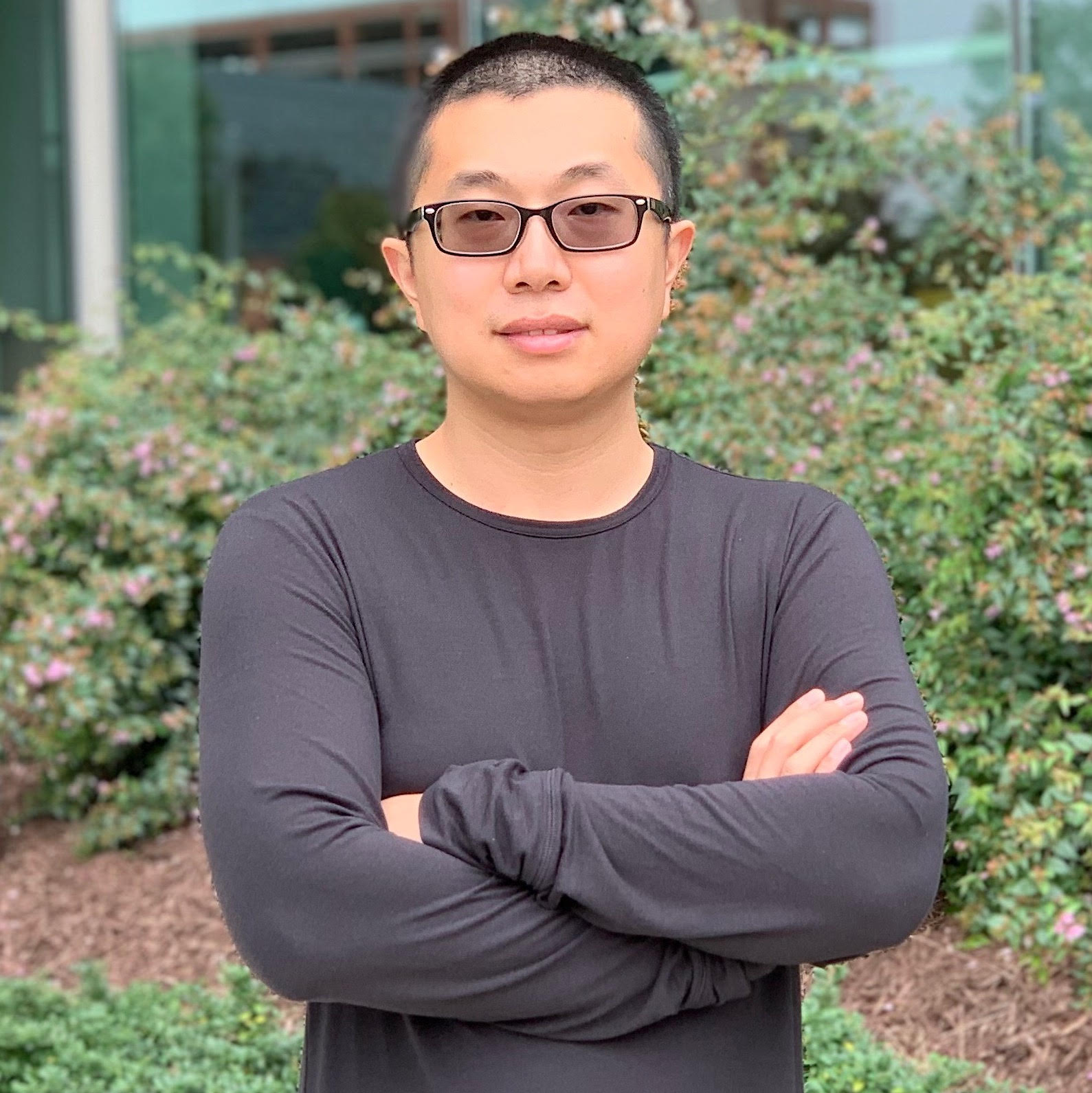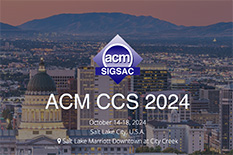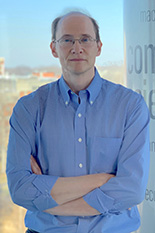News Story
Katz Partners with PlatON on Building Protocols for Secure MPC
Published January 16, 2019
Jonathan Katz, a professor of computer science and director of the Maryland Cybersecurity Center (MC2) who also holds an appointment in the University of Maryland Institute for Advanced Computer Studies (UMIACS), is working with a former MC2 graduate student and an international startup to design and build protocols for secure multi-party computation (MPC).
MPC protocols allow a group of parties—each holding their own private input—to compute an arbitrary function of their collective inputs in a distributed fashion, without revealing any additional information about the parties’ inputs.
Katz is collaborating on the project with Xiao Wang, who received his Ph.D. in computer science from the University of Maryland in 2018, and algorithm experts from PlatON, a pioneering global privacy-preserving computing network that is based in Hong Kong.
“We are excited to work with top researchers like Jonathan Katz and Xiao Wang,” said Sun Lilin, PlatON’s CEO. “Their research results will be implemented in PlatON’s global computing network to meet the demand for MPC from community developers, corporations and individuals in different scenarios.”
Katz has more than 15 years of research related to multi-party computation. His academic achievements include a textbook on modern cryptography used by many universities around the world. He served as co-program chair of the annual Crypto conference in 2016 and 2017 and is co-chair of the ACM Conference on Computer and Communications Security in 2019. He is currently an editor of the Journal of Cryptology, considered the premier journal of the field.
Wang completed his Ph.D. at Maryland with Katz as his academic adviser. His doctoral research involving MPC led to several notable results. This includes one of his publications, “Authenticated Garbling and Efficient Maliciously Secure Two-Party Computation”—co-authored with Samuel Ranellucci and Katz—receiving a Best Paper award at the ACM Conference on Computer and Communications Security in 2017.
Wang currently holds a joint postdoctoral fellowship with Vinod Vaikuntanathan at MIT and Ran Canetti at Boston University. He plans to join the faculty of Northwestern University starting in Fall 2019.
MC2 is supported by the College of Computer, Mathematical, and Natural Sciences and the A. James Clark School of Engineering. It is one of seven major centers in UMIACS.




